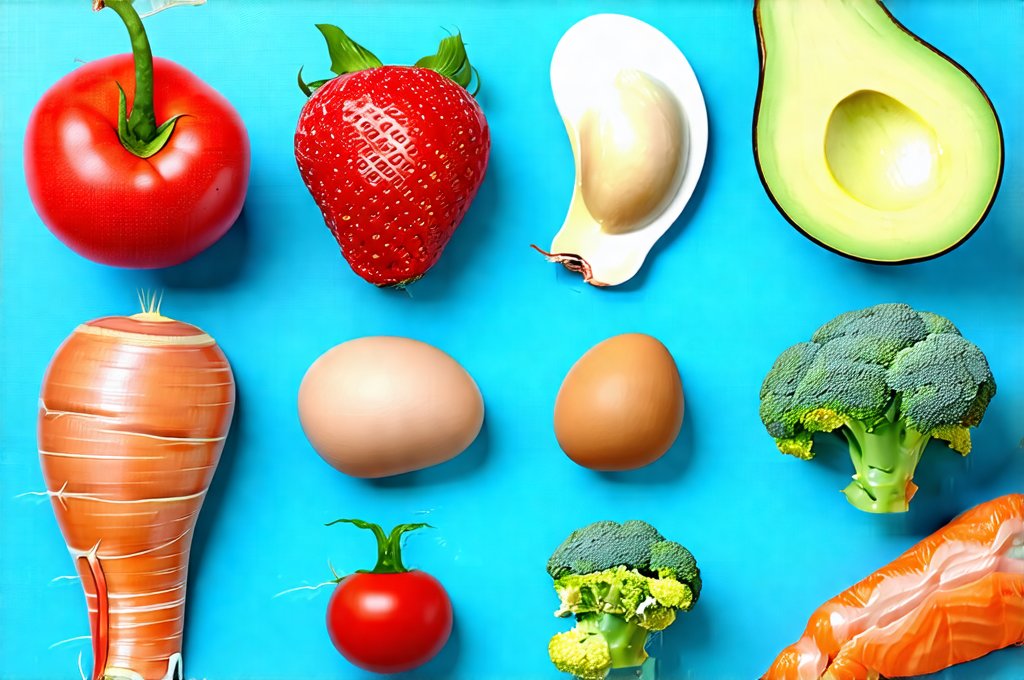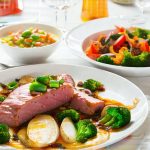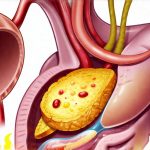Many people experience discomfort from acid reflux, heartburn, or indigestion, especially after dinner. While GERD (Gastroesophageal Reflux Disease) is a chronic condition requiring medical management, occasional symptoms can often be mitigated by dietary adjustments. The timing of your meals and what you eat before bed play a significant role in how well your digestive system functions while you sleep. Understanding which foods exacerbate these issues and strategically avoiding them after 6 PM – or a few hours before bedtime – is a proactive step towards a more comfortable night and improved digestive health. This isn’t about strict deprivation; it’s about mindful choices that support your body’s natural processes. You might also need to consider gut recovery after antibiotic use, as it can impact digestion.
The core principle behind this dietary approach lies in giving your digestive system ample time to process food before you lie down. When we recline, gravity no longer assists with keeping stomach acid where it belongs, increasing the likelihood of backflow into the esophagus. Certain foods are more prone to causing issues due to their composition or how they interact with stomach acid production. By minimizing these trigger foods in the evening, we reduce the strain on our digestive system and lessen the chances of experiencing unpleasant symptoms that can disrupt sleep. It’s also important to remember that individual triggers vary; what bothers one person may not affect another. Consider learning how to rotate foods to avoid sensitivities as well.
Identifying Trigger Foods & Evening Meal Strategies
The goal isn’t necessarily to eliminate entire food groups but rather to be aware of which foods are more likely to cause problems and adjust your evening meals accordingly. Highly processed foods, fatty or fried items, spicy dishes, chocolate, caffeine, alcohol, and carbonated beverages are all common culprits. These often relax the lower esophageal sphincter (LES), the muscle that prevents stomach acid from flowing back up, or they stimulate increased acid production. Portion control is also key; even healthy foods can cause issues if consumed in excessive amounts right before bed. Think of your evening meal as an opportunity to nourish your body without overloading it. If you are returning to solid foods after illness, a gradual approach is even more vital.
A helpful strategy involves creating balanced meals with lean proteins, complex carbohydrates (like sweet potatoes or quinoa), and plenty of non-citrus vegetables. For example, grilled chicken with roasted sweet potatoes and steamed broccoli is a much gentler option than a spicy curry or a greasy burger. Avoiding large portions and allowing at least 2-3 hours between your last meal and bedtime gives your body sufficient time to begin the digestive process before you lie down. This reduces the risk of acid reflux and allows for more restful sleep. Experiment with different food combinations and pay attention to how your body responds; keeping a food diary can be incredibly helpful in identifying personal triggers. Be mindful of trigger foods during times of stress, too.
Common Food Culprits & Alternatives
- Fatty Foods: Fried foods, full-fat dairy, fatty cuts of meat – these take longer to digest and increase acid production. Alternatives: Lean proteins (chicken breast, fish), low-fat dairy or plant-based alternatives, baked or grilled options instead of fried.
- Spicy Foods: Chili peppers, hot sauces, heavily spiced dishes can irritate the esophagus. Alternatives: Mildly seasoned foods with herbs and spices that are generally well-tolerated, such as basil, oregano, and ginger.
- Chocolate: Contains compounds that relax the LES and increase acid production. Alternatives: Small portions of dark chocolate (with a higher cocoa percentage) may be better tolerated by some; herbal teas or fruit for dessert.
The Role of Beverages in Evening Digestion
Beverages can be just as problematic as solid foods when it comes to GERD and indigestion. Carbonated drinks introduce gas into the digestive system, increasing pressure on the LES. Caffeine stimulates acid production, while alcohol relaxes the LES and can irritate the esophageal lining. Even seemingly harmless fruit juices can sometimes trigger symptoms due to their acidity. The best beverages to enjoy in the evening are water, herbal teas (like chamomile or ginger – avoiding mint, which can relax the LES), or small amounts of low-acid milk alternatives. If you’re particularly sensitive, consider low-histamine foods for a gentler approach.
Managing Portion Sizes & Eating Habits
It’s not just what you eat but also how much and when. Overeating puts excessive pressure on your stomach and increases the risk of acid reflux. Smaller, more frequent meals throughout the day can often be easier to digest than large evening portions. Avoid eating within 2-3 hours of bedtime to allow your body time to process food before you lie down. Furthermore, pay attention to your posture while eating – sitting upright helps gravity assist with digestion. Eating quickly and not chewing thoroughly can also contribute to digestive discomfort. Taking your time and savoring each bite promotes better digestion and reduces the likelihood of experiencing symptoms. Learning how to recognize indigestion is also helpful for proactive management.


















